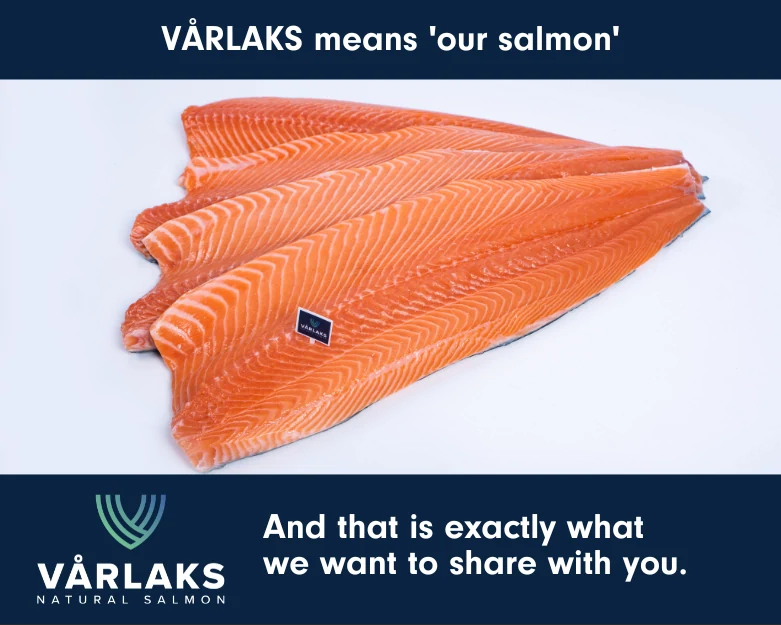Online shopping leviathan Amazon said Wednesday that the number of its paid Prime members reached 100 million worldwide, meaning they’re all, in theory, able to order salmon and other items and get them delivered, “free”.
The Prime memberships were a goodly part of the USD 9.72 billion in subscription fees the US-based company earned during the year. In a note to investors, the company said that after 13 years with Prime, the company shipped more than 5 billion items worldwide at the behest of those members.
The note also admitted the company cut prices on grocery items, including seafood, in a move understood to be part of its attention-grabbing, market-penetrating promo of its USD 13 billion acquisition of Whole Foods Markets in August, 2017.
“When we closed our acquisition of Whole Foods Market last year, we announced our commitment to making high-quality, natural and organic food available for everyone, then immediately lowered prices on a selection of best-selling grocery staples, including avocados, organic brown eggs, and responsibly-farmed salmon,” a note to investors said.
Read Amazon leads L.A. to online Atlantic salmon deliveries
A second-around of price reduction followed in November, or in-time for American Thanksgiving, a time of turkey-eating.
Still, SalmonBusiness noted some key European salmon retailers signed up with Amazon as supplying SMBs, or small-and-medium-sized businesses, hoping to tap the company’s phenomenal global market. With Prime expanded to Mexico, Singapore, The Netherlands and Luxemburg during the year — and Business Prime Shipping introduced in the US and Germany — Prime same-day and one-day delivery is available in 8,000 cities and towns worldwide.
On one 2017 day alone — Prime Day — customers ordered more than 40 million items from SMBs. Amazon’s “Global Selling program” now lets businesses sell products across national borders, and the cross-border e-commerce service grew 50 percent in 2017.









